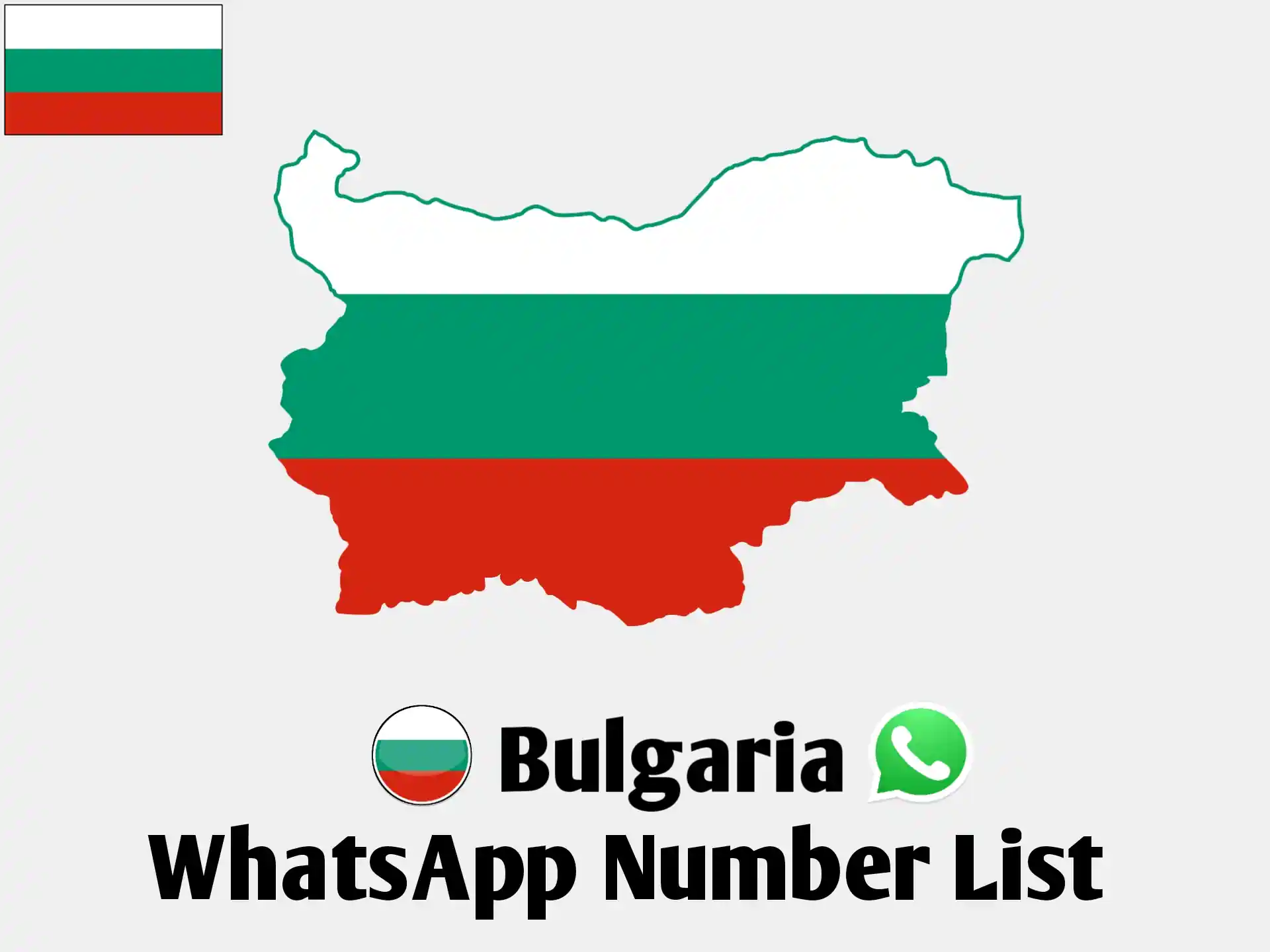One example of the use of geolocation in marketing is promotional campaigns in stationary stores that send personalized offers and promotional notifications to users located near the store. When a customer enters the campaign space, they receive a notification about the availability of the event, which increases the chances of attracting them to the store and redeeming the offer.
Another example is the use of geolocation data in gastronomy. Restaurants can use geolocation to promote their services by sending special offers or discounts to people nearby. This is an effective way to attract local customers and increase traffic to your establishment.
There are many options when it comes to geolocation tools for collecting and analyzing geolocation data.
Google Analytics offers functions for tracking the location of users on the website, allowing the analysis of traffic from different geographical areas.
GIS tools such as Esri ArcGIS or QGIS enable advanced analysis of geospatial data, which can be important in many areas, including marketing.
Carto is another tool that allows real-time analysis and visualization of geolocation data, which is useful in dynamic marketing campaigns.
In addition, platforms such as Foursquare and Yelp collect geolocation data from users, which companies can use to better understand customer behavior and tailor marketing strategy to their preferences.
Consciously used geolocation tools allow you to accurately collect and analyze data related to the location of your customers. Thanks to this, you can reach exactly those people who are looking for your services or products and are located in the immediate vicinity of your stationary points.
Geolocation in advertising
One of the examples where geolocation is used very often in advertising are push notifications sent by store or restaurant applications informing about current events available to users located in a given location, most often near specific stationary points. Thanks to geolocation, companies can also target ads, e.g. in the Google Ads or Meta Ads system, based on the users' current location.
By targeting advertisements informing about current offers and promotions to potential customers in a given location or, in the case of larger chains, to areas where there is greater interest or demand for a given service or product - thereby maximizing the effectiveness of advertising departments.
Get Active Database : Bulgaria WhatsApp number list

Use of geolocation data
Photo 1. Advertising in Google Ads allows your offer to be displayed above the Google map, thus increasing the chance that a user looking for a service in a given city will find you.
Geolocation strategy
Companies use various geolocation strategies to better reach their target audience and increase the effectiveness of marketing campaigns. Here are some examples:
In-store event notifications: Retail stores often use geolocation to send notifications of special events and discounts to customers around the store. This acts as an incentive for immediate purchases, attracts customers' attention and increases store traffic.
Personalization of offers in mobile advertising: Companies use geolocation data in advertising campaigns on mobile devices. This allows them to deliver personalized content and offers tailored to the user's current location, increasing the chances of clicks and conversions.
Geofencing in the service industry: Service businesses such as hair salons and restaurants use geofencing to attract customers. By setting up virtual borders around their premises, they can send notifications about special offers to people nearby and encourage them to use the services.
In-store customer behavior analysis: Retail stores use geolocation technologies such as beacons to analyze in-store customer behavior. Thanks to this, they can understand which areas of the store are most visited, how long customers stay in certain sections, which allows them to better adjust the layout of the store or event.
Personalization of content on websites: Online companies use geolocation to personalize content on their websites. They can provide local information, offers or content related to a particular region, making the site more attractive to users.
Local Social Media Campaigns: Social media platforms allow you to target ads based on geolocation data. Companies can target their campaigns to a specific audience in a given geographic area, increasing the relevance and effectiveness of the message.
More INFO : Database Sale